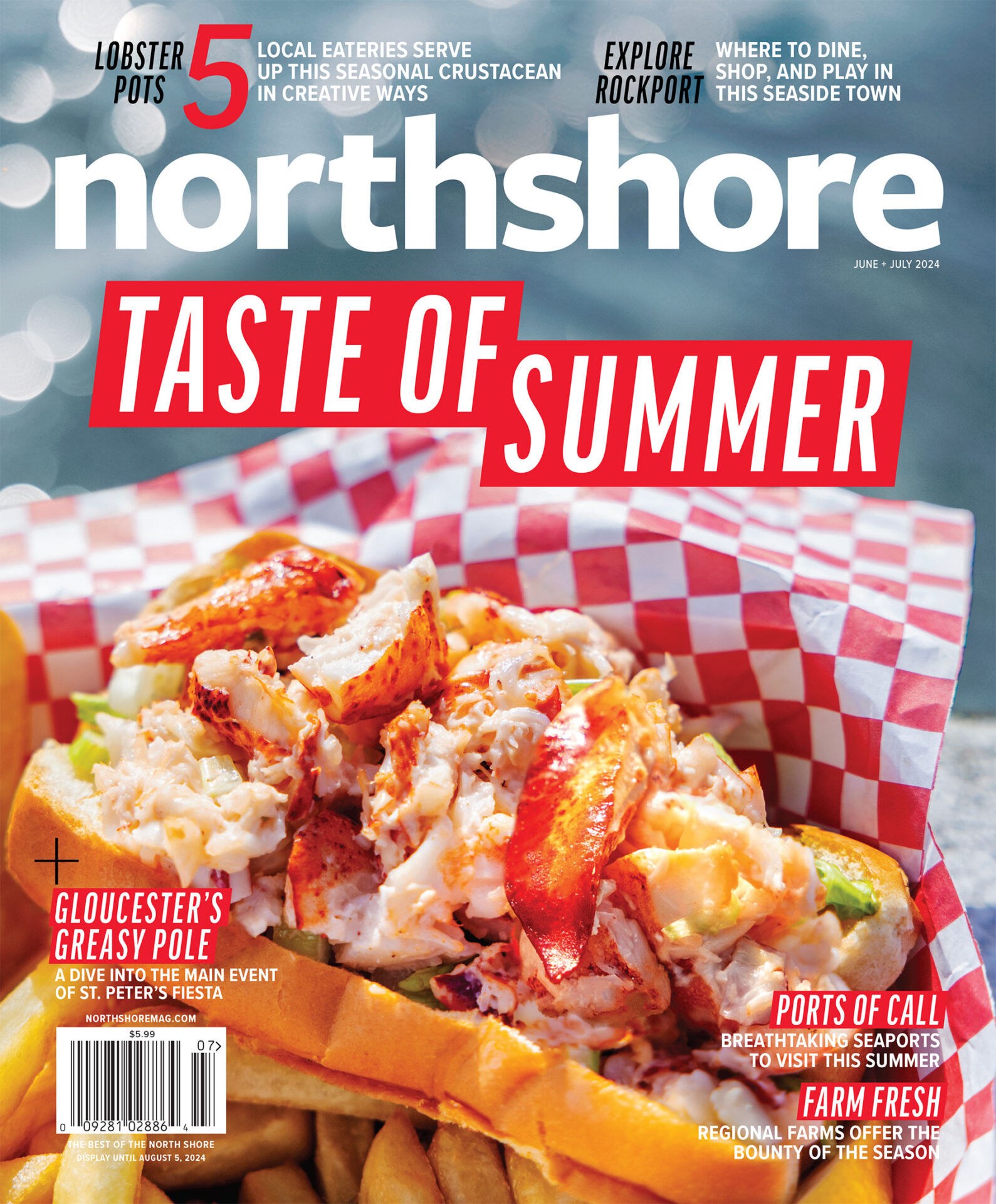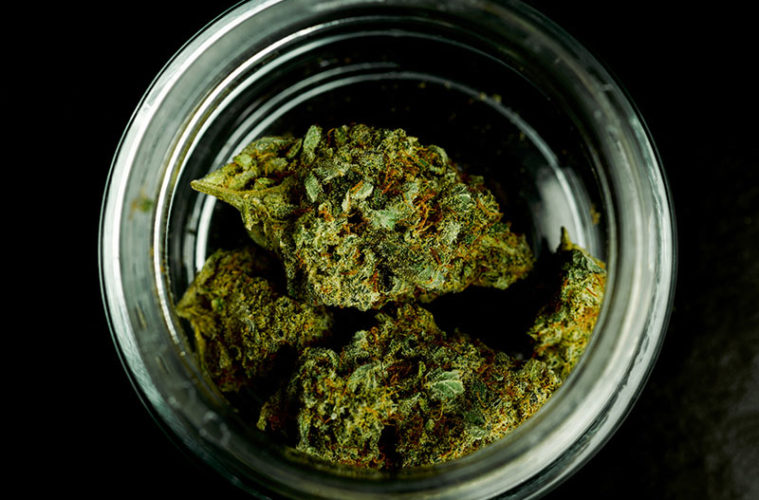Once a substance most associated with hazy dorm rooms and your hippie cousin, marijuana has come into its own in recent years. For one, it is now generally called “cannabis,” a name that doesn’t carry the weight of decades of stereotypes and stigma. And it’s also legal now. Well, more or less.
With these changes in attitude and accessibility, cannabis has become downright mainstream. From joints and vaporizers to edibles and tinctures (and even seltzer), there is a wide range of options for the cannabis-curious. If you’re interested in giving it a go, but have never partaken (or at least not since college), here is a quick primer on the why, how, and where of marijuana in Massachusetts.

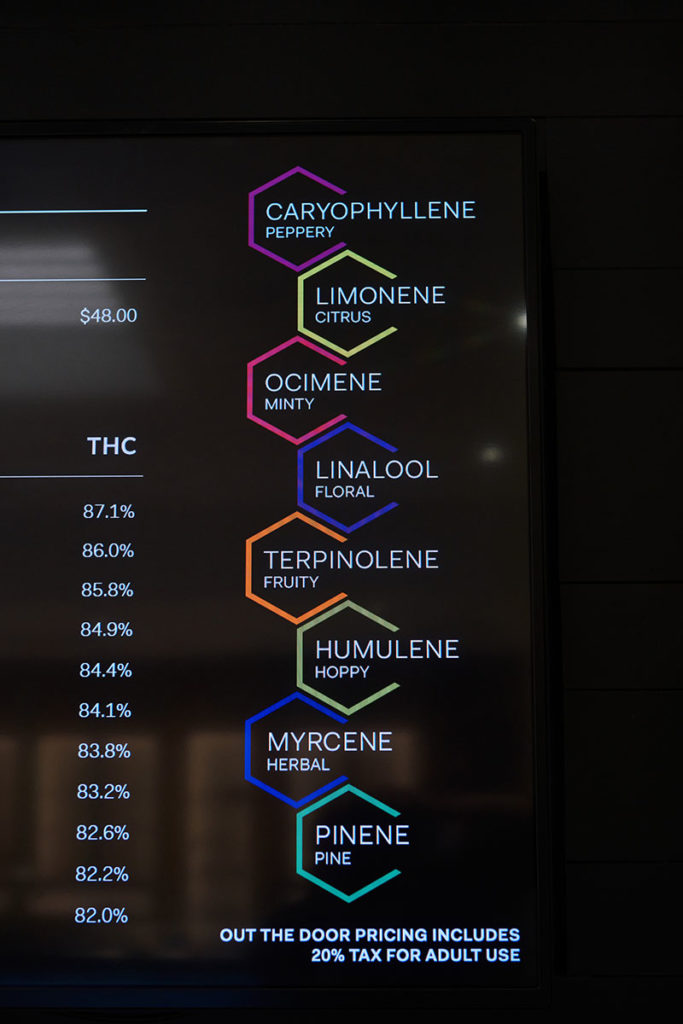
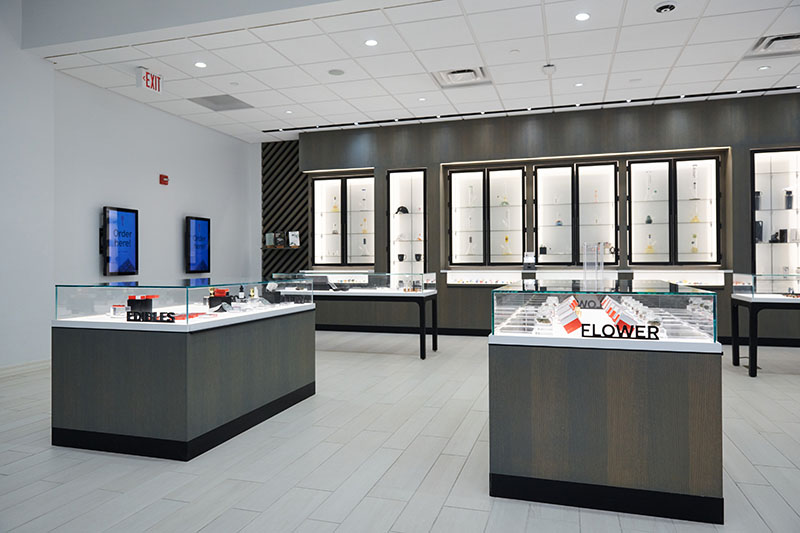
Before I do anything, what’s legal?
In Massachusetts, both medical and recreational cannabis use are legal. You can have up to one ounce of marijuana in your possession outside of the home, and up to 10 ounces within your home. You may also grow up to six plants.
Buying medical cannabis requires a state-issued license, but medical buyers don’t pay taxes. Recreational cannabis is available to anyone who’s at least 21, no paperwork required, but is subject to taxes.
It is important to note, however, that none of this is legal on a federal level. In theory, cannabis use, even in Massachusetts, could result in criminal penalties. However, U.S. Attorney General Merrick Garland has said enforcement of marijuana laws in states that have legalized cannabis is just not a priority. It is extremely unlikely for a recreational user in Massachusetts to end up in trouble, says Boston-based cannabis attorney Blake Mensing. “You are running very little actual risk,” he says.
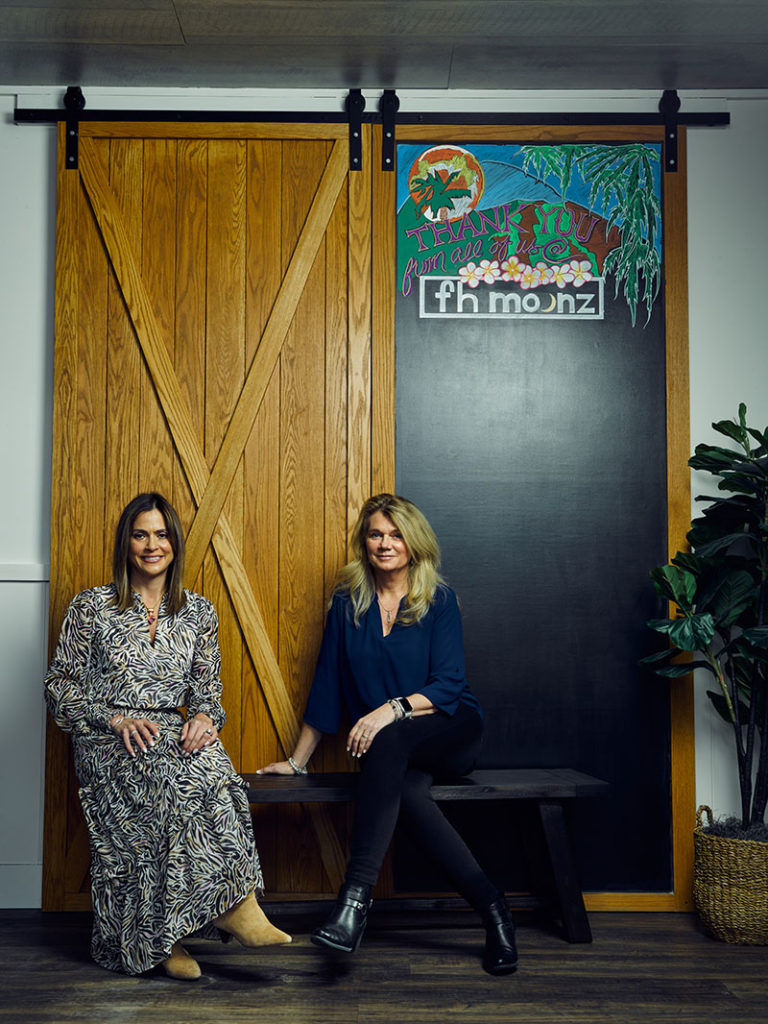
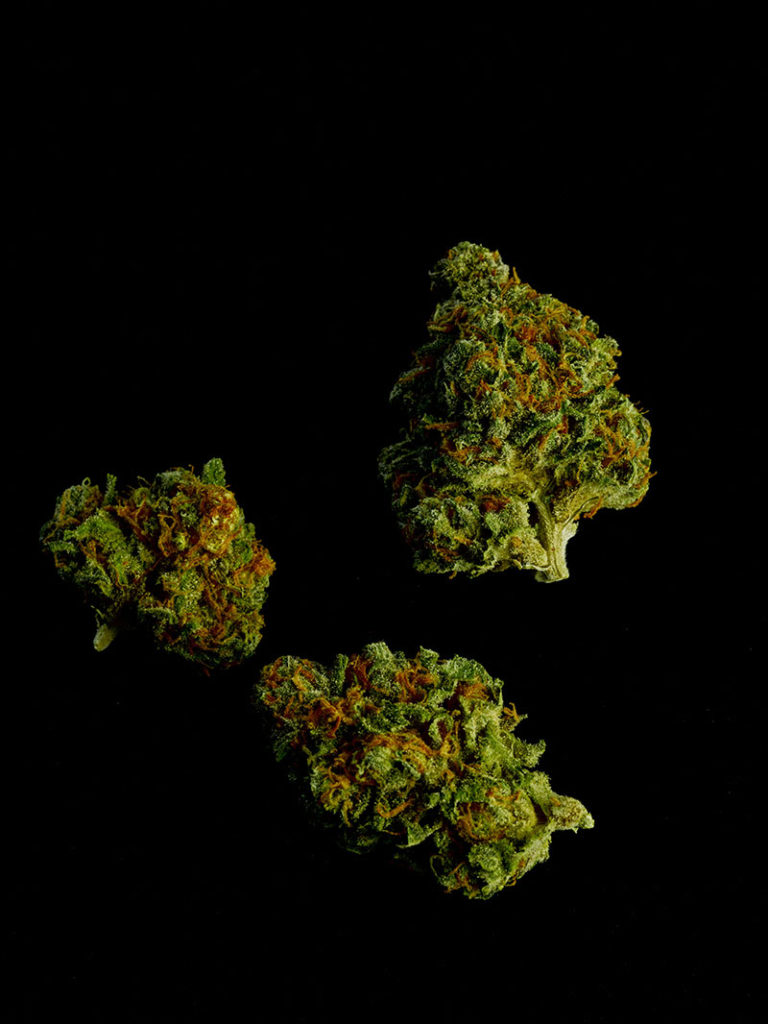
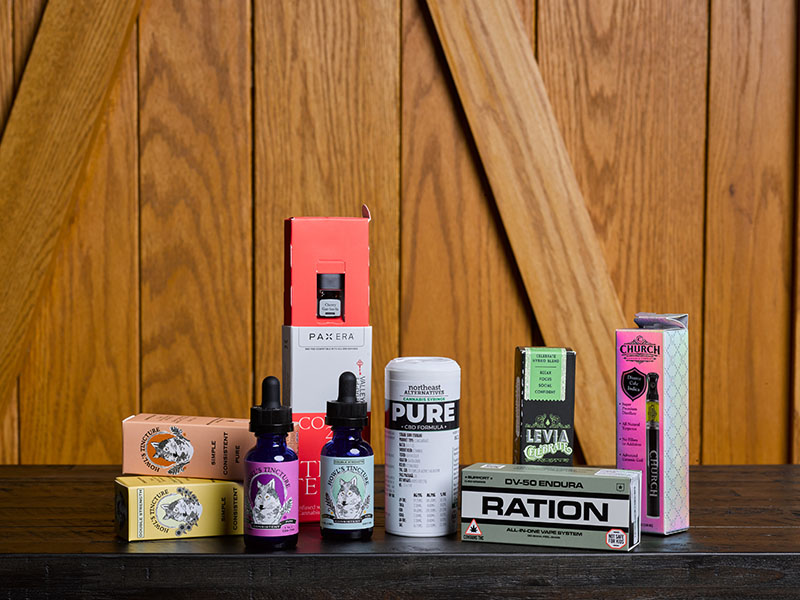
OK, but why might I want to use cannabis?
Just as a good cocktail or glass of wine can offer relaxation and complex flavors, marijuana can also provide a way to unwind and a pleasant sensory experience. Cannabis can destress your body and mind, ease anxiety, improve pain, and help with digestive symptoms.
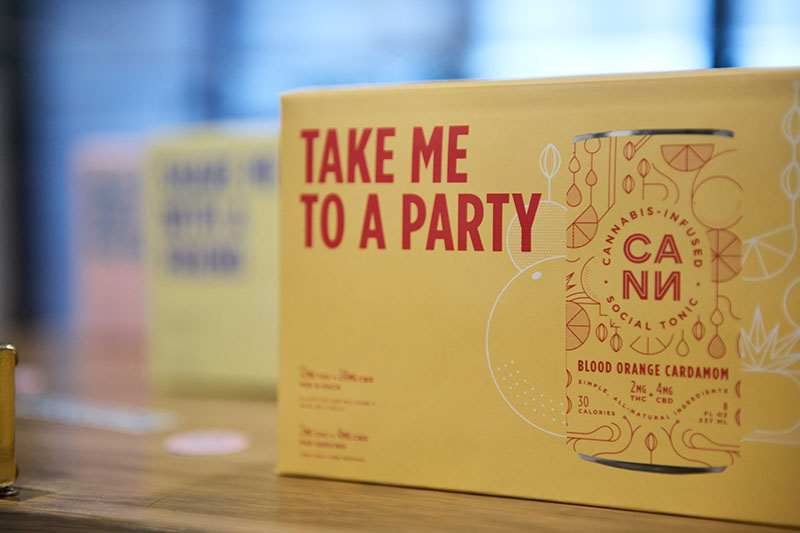
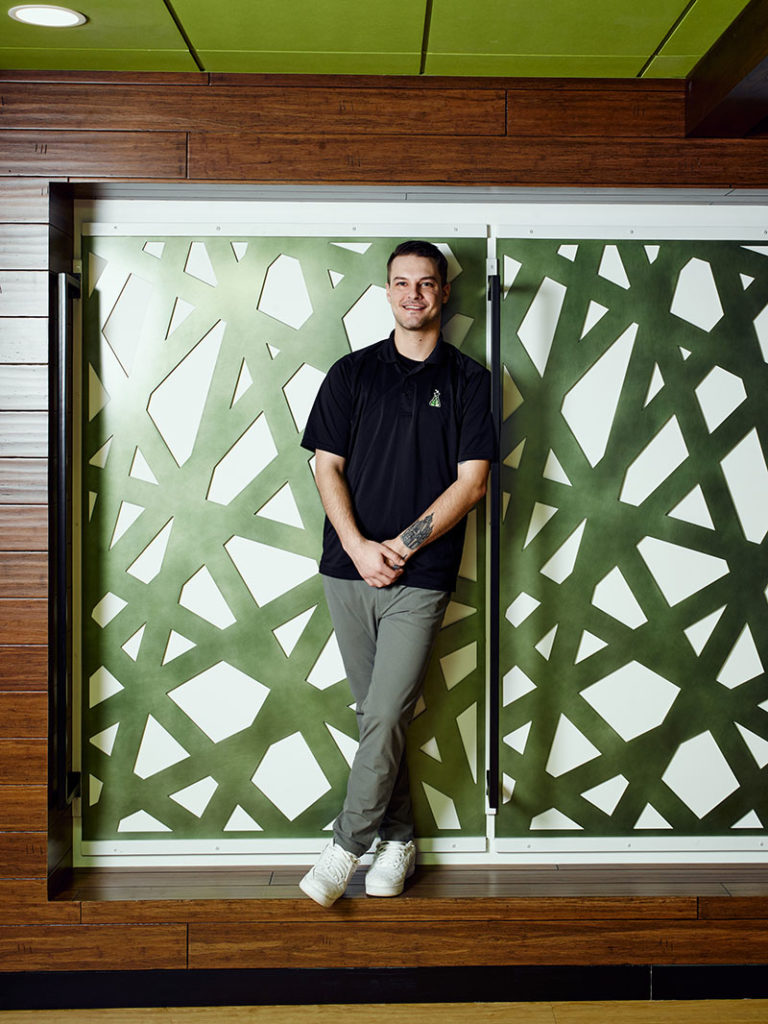
But is it safe?
Short answer: Yes. Despite its history as an illegal substance, cannabis is also widely considered quite safe. Because the market is now legally regulated, stringent testing and labeling are required, so you know what you’re getting. Consuming too much can certainly be unpleasant—you might face a pounding heart, dry mouth, or some paranoia—but won’t result in hospitalization or death, as alcohol can in extreme cases.
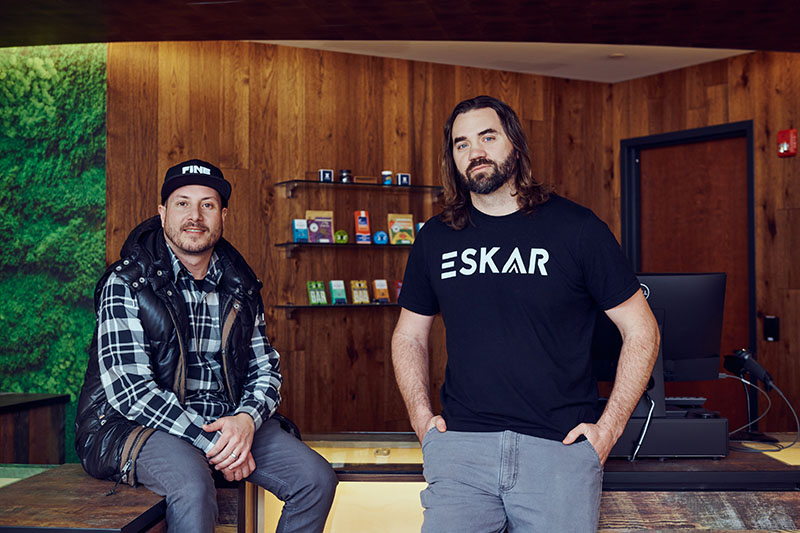
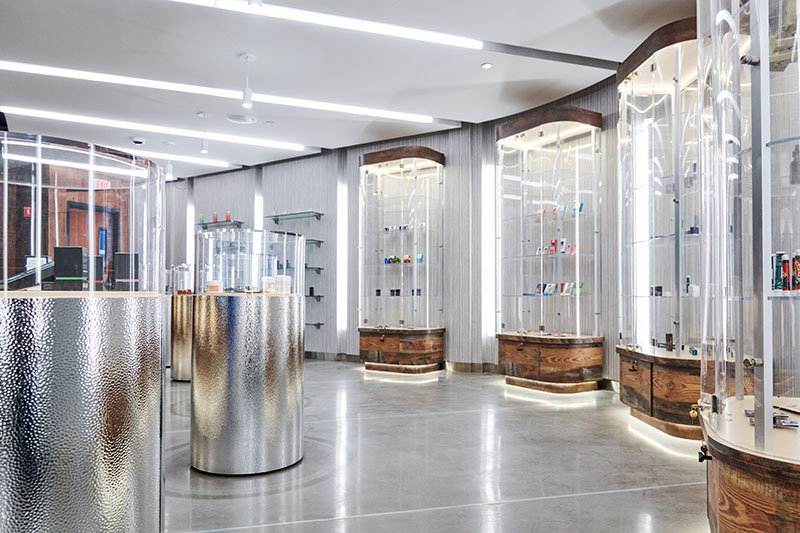
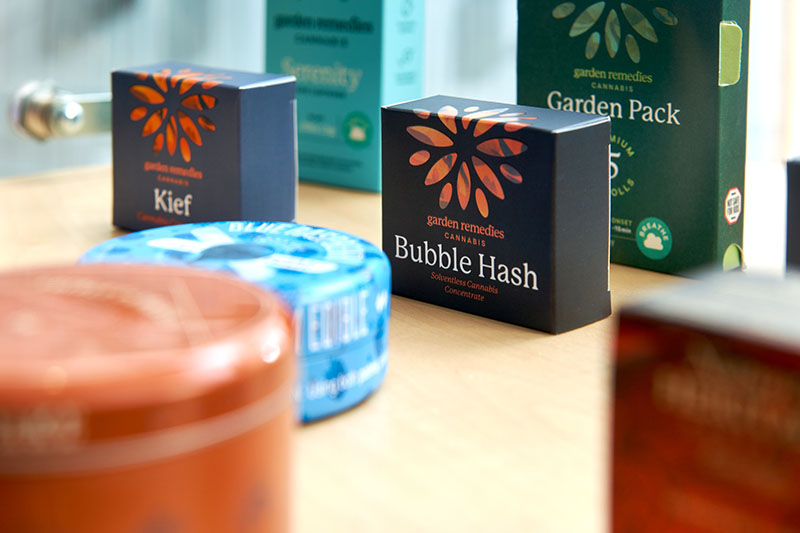
What are THC and CBD, and what’s the difference?
To answer this question, we need to back up to some basic horticulture. Both tetrahydrocannabinol (THC) and cannabidiol (CBD) are compounds derived from plants of the genus cannabis. Though the two are chemically quite similar, only THC has a significant psychoactive effect, a “high.” CBD, therefore, can be sold just about anywhere (more on that in a moment), while THC can only be sold at licensed dispensaries.
Done right, CBD is thought to help relieve pain, ease anxiety, treat skin disorders, and improve sleep. However, buyer beware: There are no regulations that require CBD products to undergo testing to prove they are what they say they are, so skip the gas station products and only buy CBD from reputable sources. “You should see an educated person who understands how this works with your body,” says Kurt Kalker, a registered nurse at Ipswich CBD store Cape Ann Botanicals.
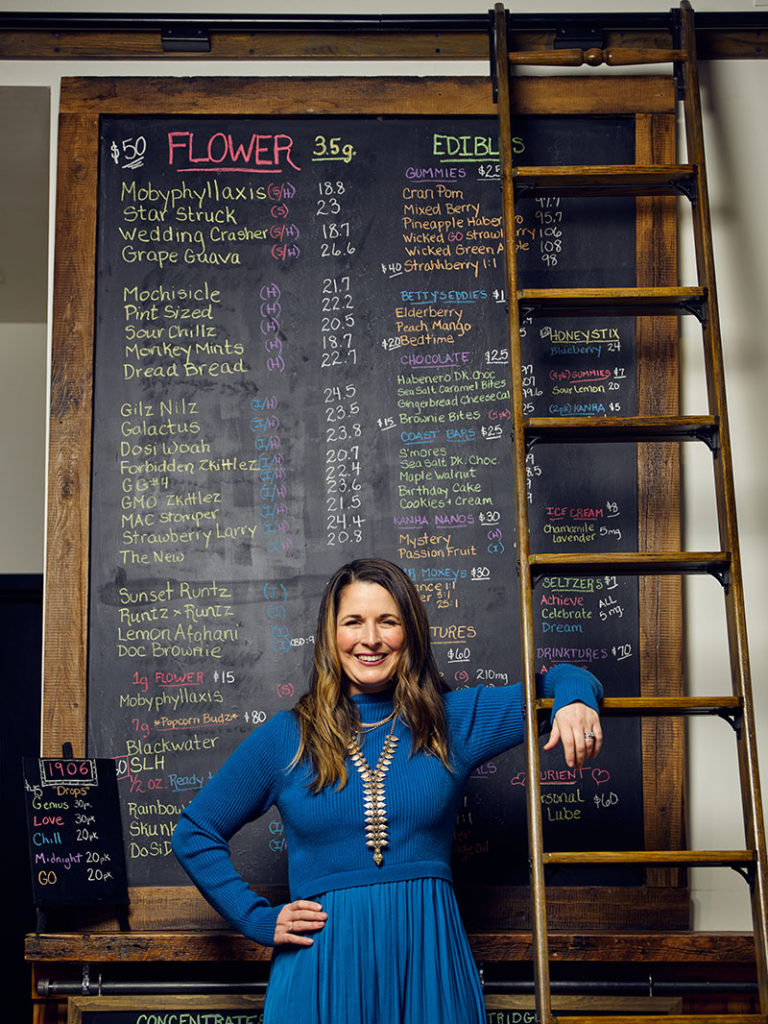
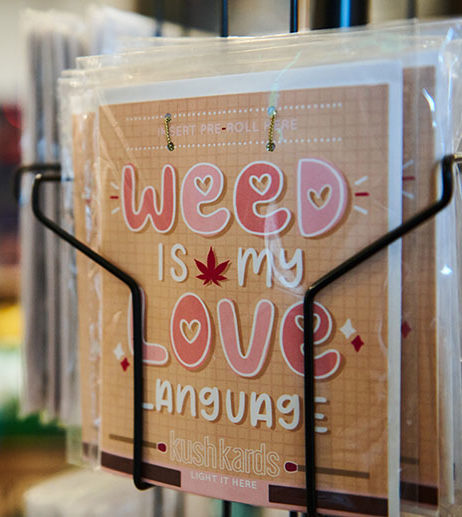
I hear people talk about sativa and indica? And terpenes? What are those and how do I know what I want?
In the same way oenophiles talk about varietals and terroir to describe wine, cannabis connoisseurs discuss sativa, indica, and terpenes to characterize the flavors and effects of different cultivars. In Massachusetts, cannabis must come with a label breaking down the THC levels and terpenes in each product, giving users valuable information to help them understand their preferences. “You can try stuff and learn what you like or don’t like,” says Gregg Weiss, vice president of technology and marketing at Happy Valley, a cannabis company with dispensaries in Gloucester and East Boston.
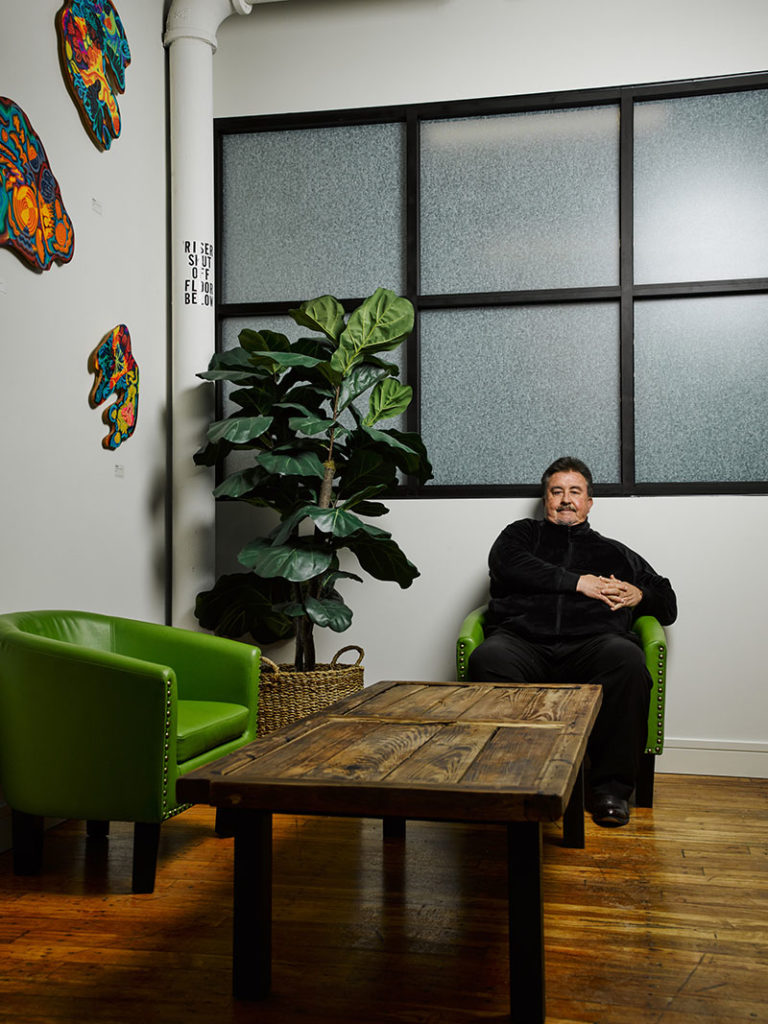
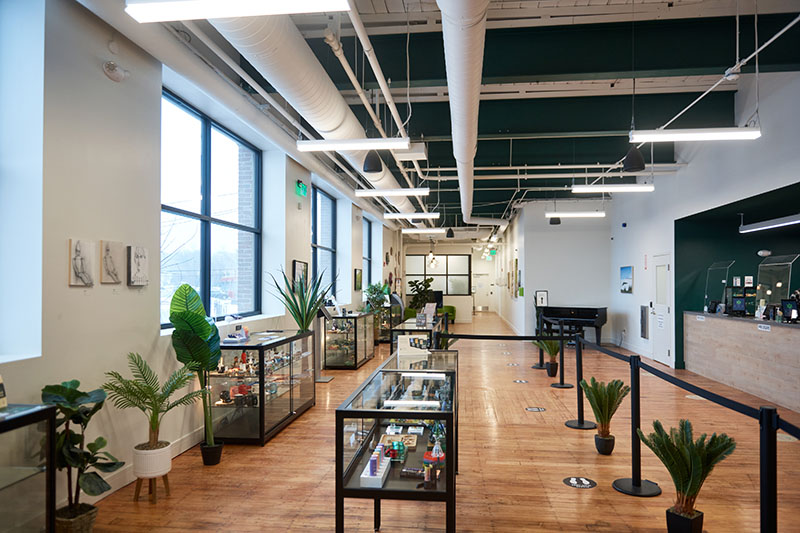
What is the dispensary experience like?
Each dispensary has its own character. Happy Valley’s clean and bright aesthetic draws comparisons to an Apple store; in Haverhill, Stem works a cozier vibe with exposed brick walls, warm wood floors, and colorful displays. All reputable shops, however, are very professional operations. Your ID will be checked at the door then, inside, knowledgeable staff—often referred to as “budtenders”—will help you understand the differences between flower, edibles, tinctures, and concentrates and choose the cannabis product that is right for you. “We have amazing, knowledgeable staff that can help people of all ages and demographics figure out what the best possible product is for them,” Weiss says.
So where should I go?
Websites like leafly.com and weedmaps.com can help you find dispensaries in your area (and are great resources for any more in-depth questions you may have about cannabis). But here are a few options to get you started:
Full Harvest Moonz, 95-101 Plaistow Rd., Haverhill, 978-702-4160, harvestmoonz.com
Happy Valley, 38 Great Republic Dr., Gloucester, 978-515-5600, happyvalley.org
RISE (formerly GreenStar Herbals), 200 Beacham St., Chelsea, 617-466-0114, risecannabis.com
Sanctuary Medicinals, 2 Electronics Ave., Danvers and 130 Commerce Way, Woburn, sanctuarymed.com
Eskar, opening soon in Arlington, eskarma.com
Stem, 124 Washington St., Haverhill, 978-212-9760, stemhaverhill.com
